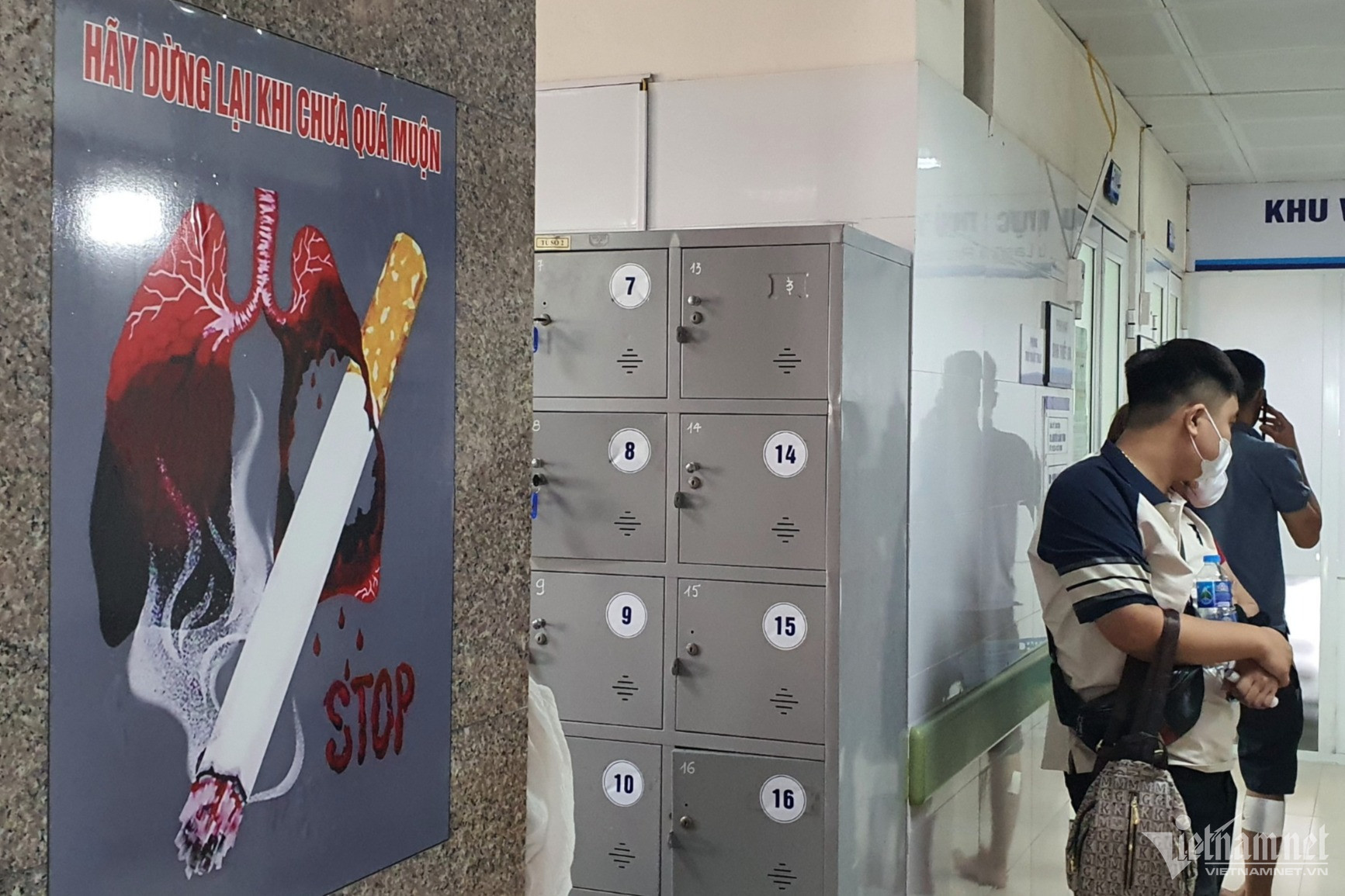
The Vietnam Tax Consulting Association (VTCA) on July 16 coordinated with the Institute of Financial Strategy and Policy under the Ministry of Finance (MOF) to organize a seminar discussing possible the impact that the proposed luxury tax increase on tobacco may have on the industry.
The draft law on special consumption tax (luxury tax) compiled by MOF has been opened for public opinion. MOF has designed provisions in a way to regulate consumption and restrict tobacco production in an effort to achieve the goal to reduce tobacco use under the approved national strategy on preventing and controlling the harmful effects of tobacco by 2030.
MOF has proposed a mixed taxation scheme, under which both a percentage tax (75 percent) and flat-rate duties will be levied. The flat-rate duties will be fixed annually for the 2026-2030 period.
As for flat-rate duties, MOF has suggested two options. With Option 1, the fixed tax would increase by VND2,000 per pack in the first year and 10,000 per pack by 2030.
With Option 2, the fixed tax would increase by VND5,000 per pack in 2026 and by VND1,000 every year in the next five years to reach the VND10,000 threshold by 2030.
The Institute of Financial Strategy and Policy, when analyzing possible impact of the luxury tax adjustment with its analysis model, believes that the legal tobacco output in both the options suggested by MOF will see a sharp decrease by 2030, while smuggled tobacco will see a sharp increase.
This means that the total volume of tobacco to be consumed won’t decrease significantly, just 7 percent, for both options, compared with 2025.
With the two suggested options, the state budget collections would grow by 13 percent per annum. However, the rate of tax evasion because of the increased use of smuggled tobacco may increase by 33-34 percent per annum, because consumers would change their consumption behaviors because of higher taxes.
To Kim Hue, the representative of the research team, said tobacco manufacturers will have to raise their selling prices because of higher taxes, which will prompt consumers to shift to smuggled products.
“This will cause severe loss to the tobacco industry and enterprises may go bankrupt just after a short time with estimated revenue down by 32-35 percent,” Hue said
Dinh Thi Quynh Van, president of PwC Vietnam, warned that if the luxury tax on tobacco increases too rapidly in Vietnam, the legal tobacco output may decrease by 70 percent by 2030, while smuggled tobacco may increase to 50 billion cigarettes by 2030.
“The loss of tax revenue may rise to VND40 trillion by 2030 due to the increased presence of smuggled tobacco, much higher than the current level of VND5-6 trillion,” Van said, adding that it is necessary to consider all possible impacts and slacken tax rate increases to avoid shocks which may negatively affect the market.
Advocating the plan on raising the luxury tax in order to regulate consumers’ behaviors and increase tax revenue, Kieu Duong, director of the Policy Department under the Ministry of Industry and Trade (MOIT), expressed his concern about the sharp rise in taxes. He warned that if the tobacco prices increase too sharply at once, consumers would use smuggled products instead.
Reasonable tax increase
While believing that the Law on Special Consumption Tax is due to be amended and supplemented, Nguyen Minh Thao from the Central Institute of Economic Management (CIEM) said the National Assembly has included the tax law project to its working agenda, but it is necessary to consider current conditions, tax rates and the roadmap for tax adjustments.
If the new tax law is enacted in May 2025, the law will take effect in 2026. It would put pressure on businesses, which had experienced their most difficult period in 2023-2024. Therefore, she said MOF needs to set up a reasonable roadmap for tax adjustments.
The Vietnam Tobacco Association has proposed that MOF amend the luxury tax by applying reasonable flat-rate duties and setting up a tax increase roadmap by 2030.
Representatives of some tobacco manufacturers have proposed a tax of VND1,000 per pack (20 cigarettes), to be applied from 2026, and a tax increase of VND500-1,000 once every two years in the following years. If so, the tax would be VND3,000 by 2030.
Luong Bang